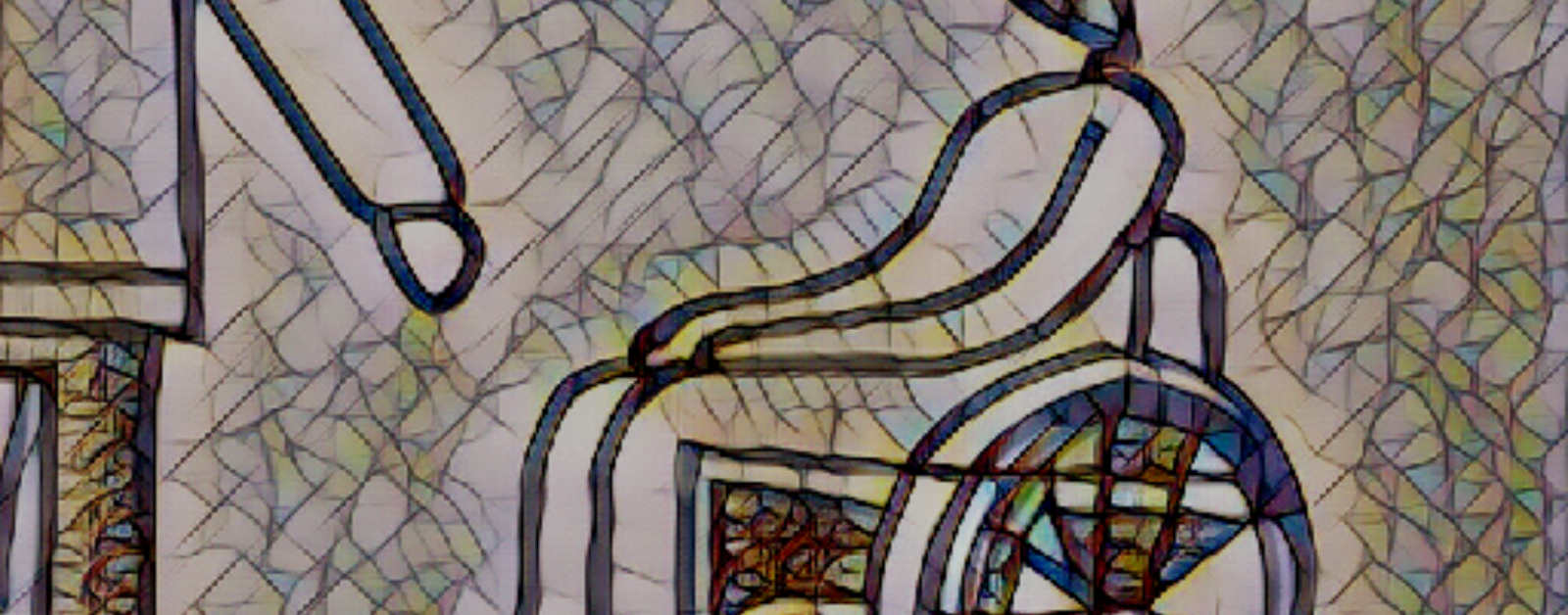Disability is NOT an inspiration.
FALSE MESSAGE:
Disability is an inspiration to make other people feel good.
WHERE THIS FALSE MESSAGE SHOWS UP:
Books. Magazines. TV shows. Advertisements.
In the past few weeks, I’ve mentioned the ways people with disabilities can be reduced to a symbol of tragic suffering or as the butt of disrespectful jokes. But people with disabilities can also be reduced to inspirations. The disability community refers to this problem as “inspiration porn”—images and stories that exist for the benefit of the viewer and that fail to convey the full story of the person being represented.
Amy Kenny writes (in her awesome book, My Body is Not a Prayer Request) about how she was expected to fulfill the narrative of “overcomer” in her school and church. She wasn’t seen as a full human—with abilities and needs, with bad days and good ones. She was a prop to make other people feel inspired.
In addition to the images and stories, this misguided understanding of disability shows up in everyday interactions. People with disabilities are reduced to their inspirational value whenever they become “mascots” for their schools or communities and whenever they are treated like a beloved pet instead of the beloved human they actually are.
TRUTH:
Certainly, many people with disabilities have inspirational stories to tell. But if we don’t understand and engage the fullness of their experience—the hardships and the triumphs, the joys and the sorrows—we fall into the same trap of demeaning their humanity as we do with the false messages that reduce their lives to problems, tragedies, and jokes.
Needy. Dependent. Vulnerable.
Gifted. Beloved. Valuable.
These are the truths of disability and the truths of our common humanity.
False Messages About Disability:
- False Message: Disability is a problem to be fixed.
- False Message: Disability is a tragedy to be alleviated.
- False Message: Disability is a joke to be laughed at.
- False Message: Disability is an inspiration.
More with Amy Julia:



